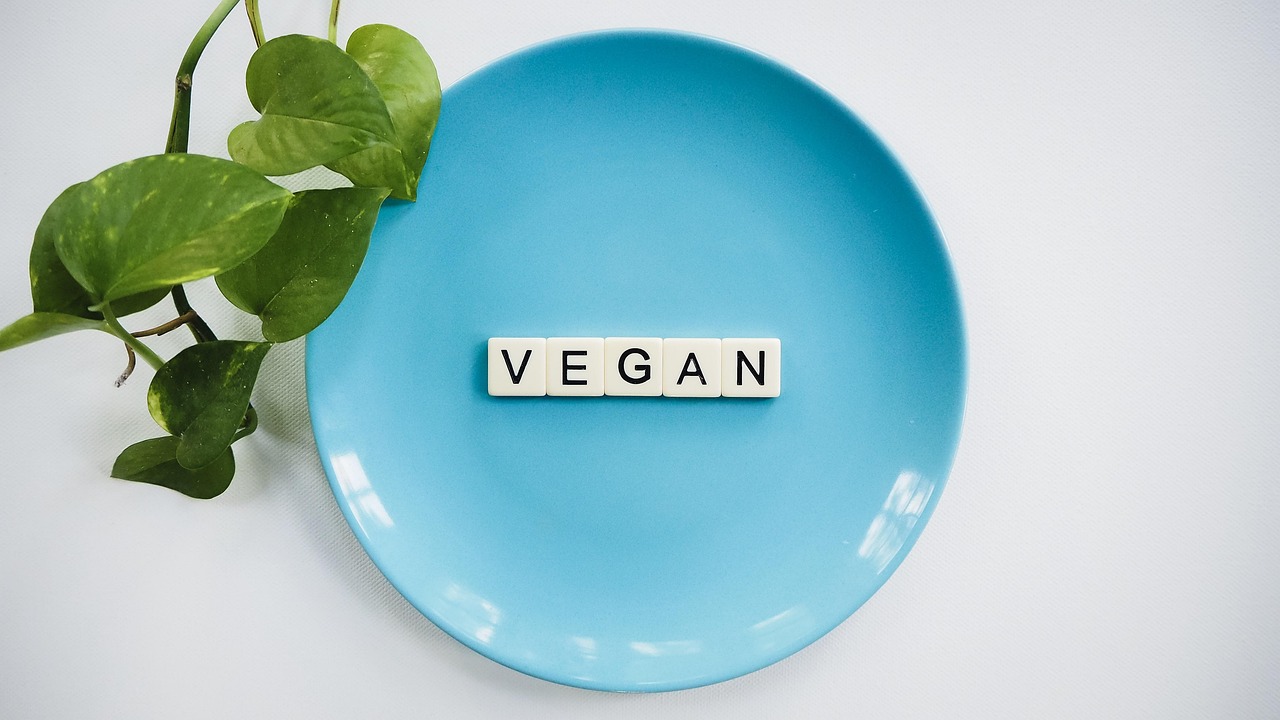Acid Reflux, Bloating & Gas: Real Reasons Behind Stomach Discomfort
Do you often feel a burning sensation in your chest, bloated after meals, or experience excessive gas? You’re not alone. Millions of people suffer from acid reflux, bloating, and gas every day — all signs that your digestive system may be out of balance.
we’ll dive into the real reasons behind stomach discomfort, what your gut is trying to tell you, and most importantly, how to fix it using natural remedies and lifestyle changes.
Understanding Stomach Discomfort: What’s Really Going On?
Stomach discomfort isn’t a disease — it’s a symptom. It signals that something in your digestive system isn’t working as it should. Let’s break down the three most common types of stomach discomfort:
1. Acid Reflux (Heartburn)
What is it?
Acid reflux happens when stomach acid flows back into the esophagus, causing a burning chest pain (heartburn) especially after eating.
Common Causes:
- Weak lower esophageal sphincter (LES)
- Eating large meals or lying down right after eating
- Trigger foods like spicy foods, caffeine, and citrus
- Obesity or pregnancy
- Smoking
Natural Remedies:
- Eat smaller meals
- Avoid trigger foods
- Elevate your head while sleeping
- Drink aloe vera juice or chamomile tea
- Take a teaspoon of apple cider vinegar in water before meals
2. Bloating
What is it?
Bloating is the feeling of fullness or swelling in the stomach, often caused by gas buildup or water retention.
Common Causes:
- Eating too fast
- Consuming carbonated drinks
- Constipation
- Food intolerances (e.g., lactose, gluten)
- Imbalanced gut bacteria
Natural Remedies:
- Eat slowly and chew thoroughly
- Avoid artificial sweeteners like sorbitol
- Try a low-FODMAP diet
- Take probiotics or fermented foods (like kefir or sauerkraut)
- Drink peppermint or ginger tea
3. Excessive Gas
What is it?
Gas forms in the stomach and intestines during digestion. It becomes a problem when it leads to pain, pressure, or embarrassment.
Common Causes:
- Swallowing air while eating or talking
- High-fiber foods (beans, cabbage, onions)
- Poor digestion due to low stomach acid
- Gut flora imbalance
Natural Remedies:
- Identify and avoid gas-producing foods
- Try activated charcoal or fennel seeds
- Add digestive enzymes or apple cider vinegar to meals
- Stay active and hydrated
Underlying Gut Issues That Cause These Symptoms
1. Gut Dysbiosis
An imbalance between good and bad bacteria can lead to bloating, gas, and even acid reflux.
2. Leaky Gut Syndrome
A damaged gut lining can cause food particles to leak into the bloodstream, triggering inflammation and discomfort.
3. Low Stomach Acid
Contrary to popular belief, low stomach acid (not high) often causes acid reflux and poor digestion.
4. Food Intolerances
Undiagnosed sensitivities to foods like dairy, gluten, or soy may cause chronic bloating and gas.
5. Chronic Stress
Stress triggers the fight-or-flight response, which slows digestion and increases acid production.
Quick Tips to Improve Digestion and Relieve Discomfort
✅ Eat mindfully and chew your food
✅ Drink warm water, not cold, with meals
✅ Include gut-friendly foods like yogurt, bananas, and ginger
✅ Take a daily probiotic supplement
✅ Practice deep breathing and stress management
When to See a Doctor
You should seek medical attention if:
- You experience severe or persistent pain
- There is blood in your stool or vomit
- Symptoms interfere with your daily life
- You have unexplained weight loss
- You feel chest pain that could mimic heart conditions
FAQs About Acid Reflux, Bloating & Gas
1. Can acid reflux cause bloating and gas?
Yes. Acid reflux and bloating often go hand-in-hand, especially when caused by poor digestion or eating habits.
2. What are the worst foods for gas and bloating?
Beans, carbonated drinks, broccoli, onions, and artificial sweeteners like sorbitol and xylitol can trigger gas.
3. Is bloating a sign of a serious condition?
Occasional bloating is normal, but chronic bloating could signal IBS, food intolerances, or even gut infections.
4. Are probiotics good for gas and bloating?
Yes. Probiotics help balance gut bacteria, which can reduce both gas and bloating significantly over time.
5. How long does it take to heal the gut naturally?
Healing time varies, but most people see improvement in 2–6 weeks with consistent dietary and lifestyle changes.
Your body is constantly giving you signals — and acid reflux, bloating, and gas are among the most common. Instead of masking the symptoms with pills, listen to your gut. Identify the root cause, adjust your lifestyle, and choose natural remedies to find lasting relief.
Remember, a healthy gut leads to a healthier you!





